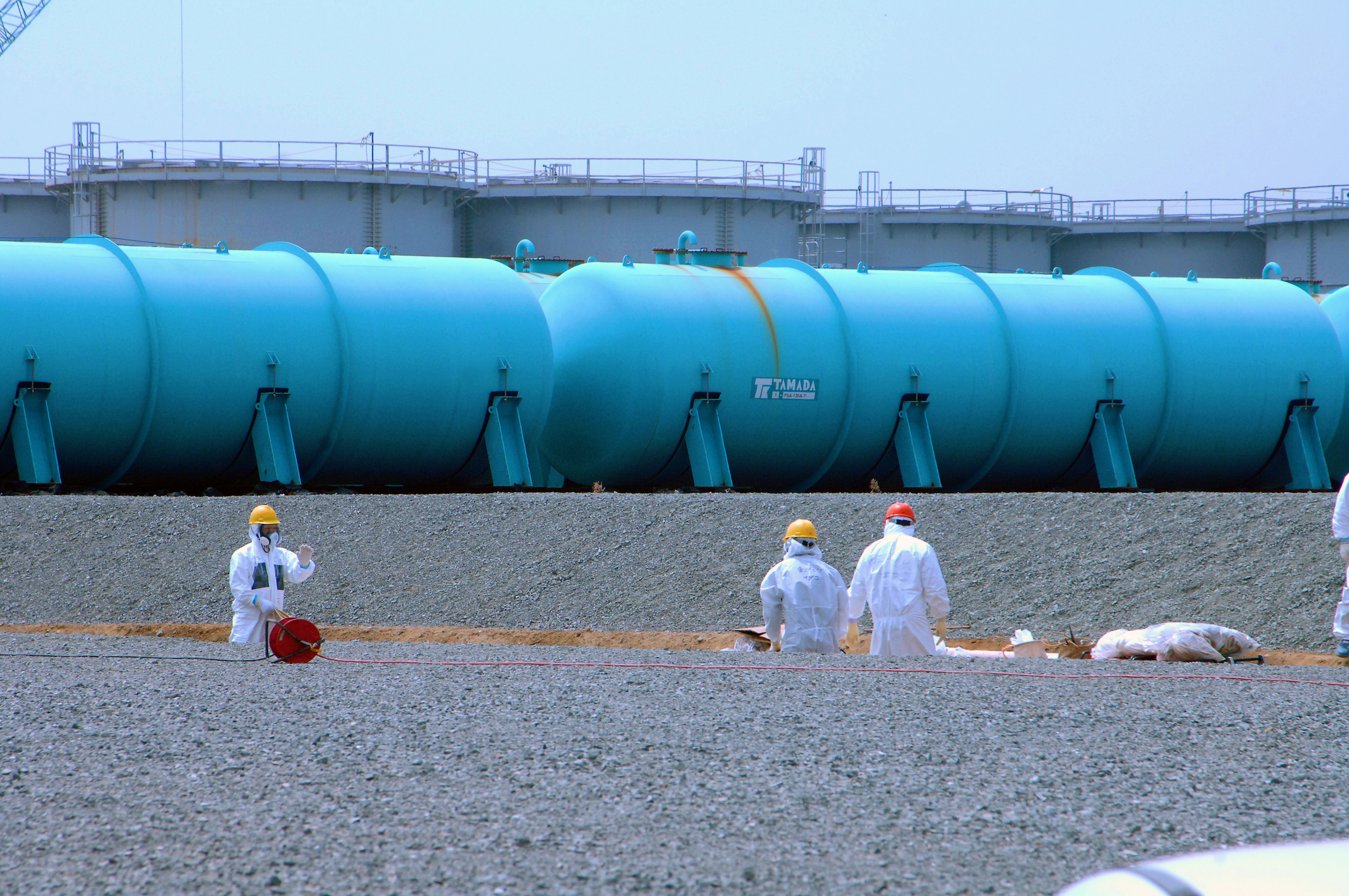Although the Fukushima Daiichi Nuclear Power Plant disaster in March 2011 was the result of the most devastating earthquake and tsunami ever recorded in Japan, the fact remains that the country’s credibility in terms of technological prowess was also damaged.
The reaction from the global community was astonishment – how could a Pacific Ocean nation that sits on one of the planet’s most active fault zones not take sufficient measures to guard against earthquakes and tsunamis? Though unpleasant to face, this was a legitimate question.
Now, more than a decade later, the ghosts of Fukushima once again haunt Japan in the form of the decision to release one million tons of treated wastewater into the ocean. This has triggered a debate that again casts a pall over Japan’s international standing and reputation.
While Japan argues that this water release is necessary to address water storage limitations and environmental concerns, the plan has faced opposition both domestically and internationally over safety and the potential consequences for the regional economy. What are the reasons behind Japan’s decision and the reactions from neighboring countries? And how will this impact the regional economy, as well as perceptions of Japan’s commitment to environmental safety?

